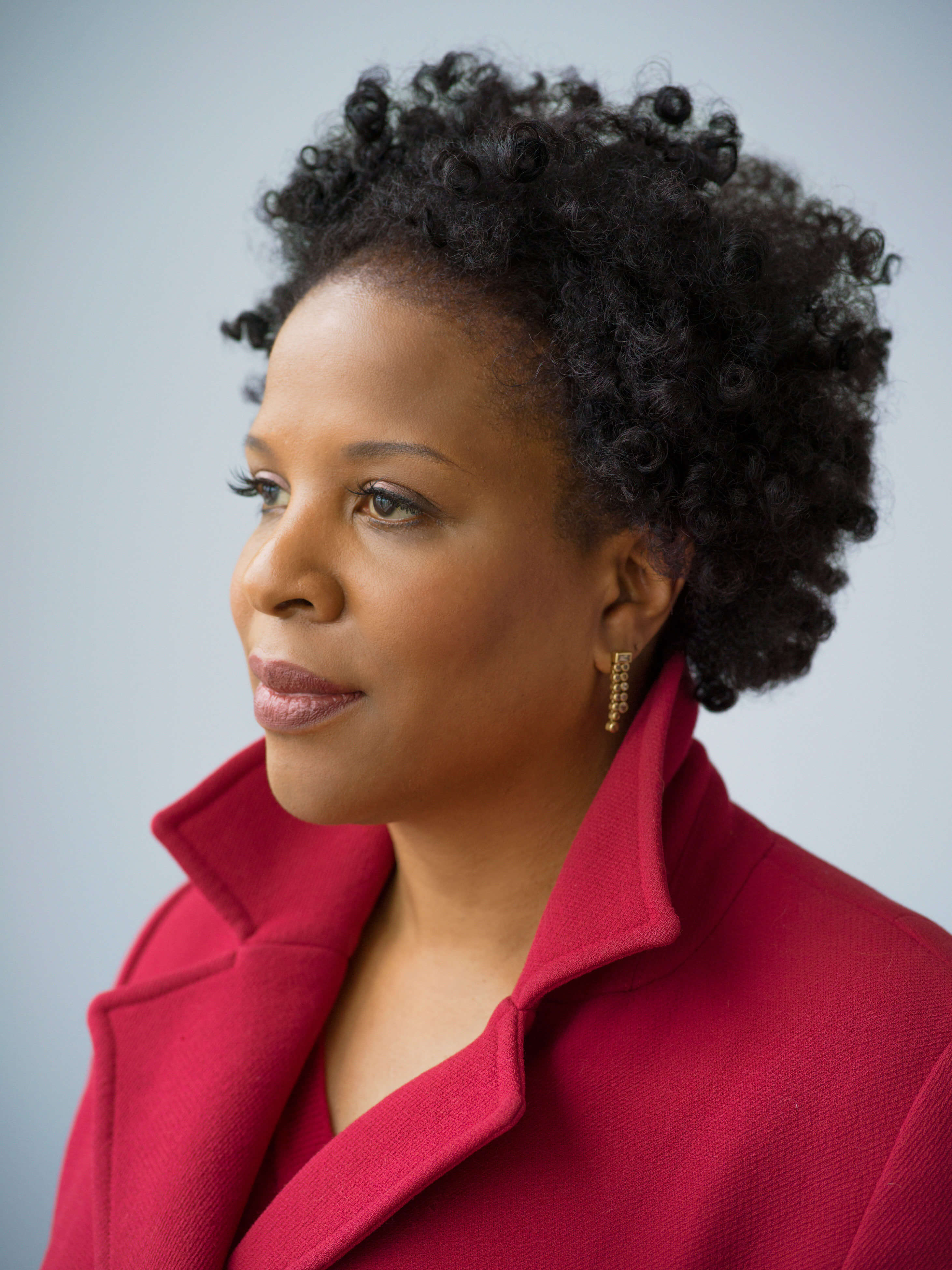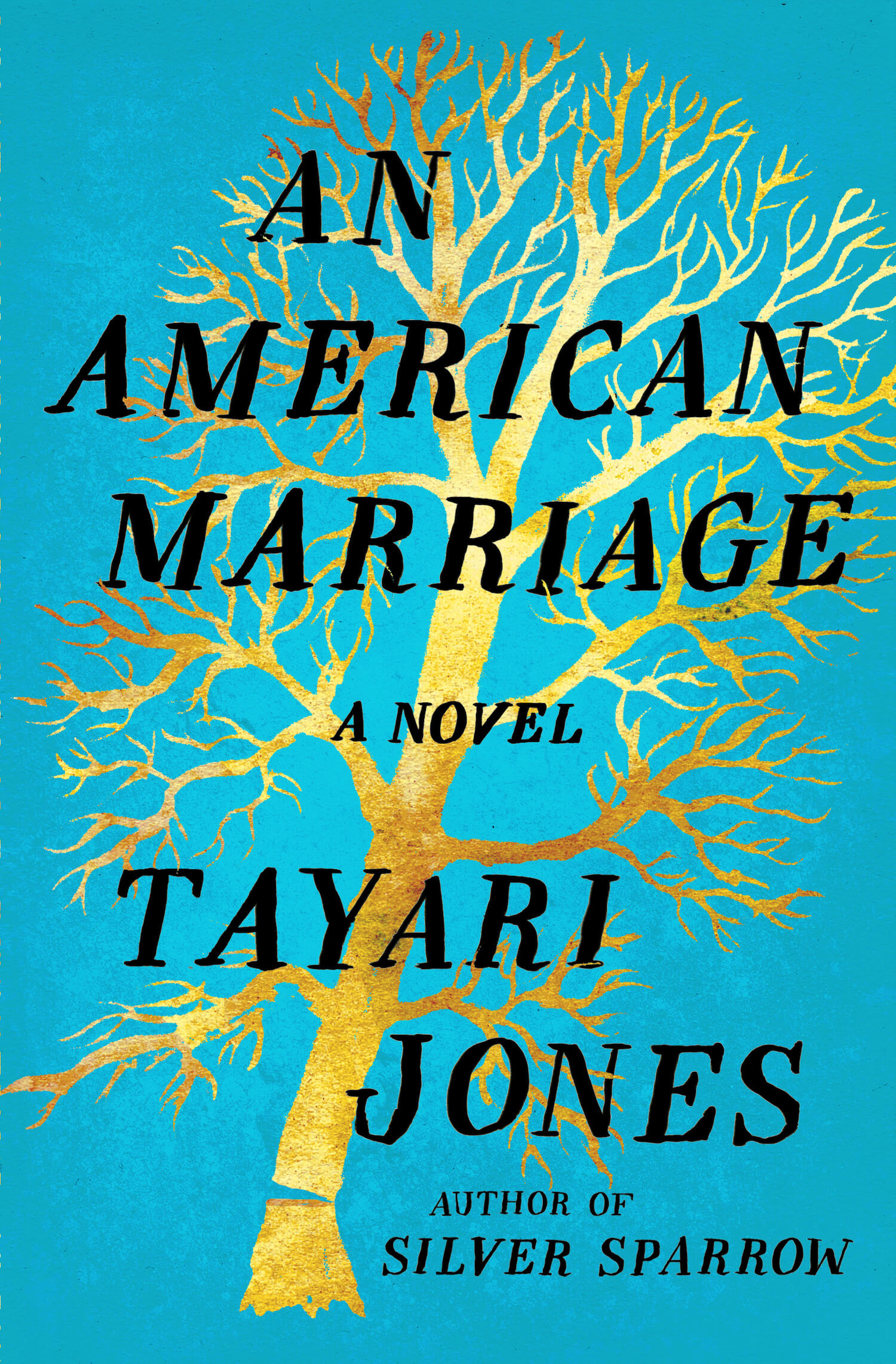Interview: Tayari Jones
 Midwestern Gothic staffer Carrie Dudewicz talked with author Tayari Jones about her book An American Marriage, her identity as a Black American, the timelessness of American conflicts, and more.
Midwestern Gothic staffer Carrie Dudewicz talked with author Tayari Jones about her book An American Marriage, her identity as a Black American, the timelessness of American conflicts, and more.
**
Carrie Dudewicz: What’s your connection to the Midwest?
Tayari Jones: I have a special relationship with Urbana, Illinois. My parents met there at an NAACP meeting on the campus of UIUC. This was in the sixties. Love at first sight, married just a few months later! It’s also where I took my first tenure track job.
CD: Even though your time in the Midwest was relatively short, do you find that the experience of it impacts your writing?
TJ: Now that you mention it, I think so. When I lived in the Midwest — Urbana, Illinois and Iowa City, Iowa, I was constantly struck by the extremes of weather. It gave every day a sort of drama. A good novel should feel like that — a unpredictability waiting just under the surface.
CD: Much of your writing revolves around families. Why is this such a strong theme in your work? What works well when writing about the relationships between family members?
TJ: Well, I am a member of a family. As a matter of fact, I was born into one! But seriously, I think that each of us is brining into the middle of a family saga of some type. I’ve always been fascinated by this. When writing about families, the key is to remember that each character has a different role in real life than they occupy in family life. This dual identity should always be a source of tension.
CD: Your recently-released novel, An American Marriage, is about the conviction of an innocent man. In the light of current political events — specifically police brutality against innocent people of color — how important is it that stories like this one are told?
TJ: It seems from your question that you already know the answer. I don’t think the real issue here is whether such stories should be told, but the more challenging question is how the story is best told. I tried to approach this story by concentrating on the characters — their personalities, back stories, and idiosyncrasies. I made sure that they were more than their predicaments.

CD: Two of your previous books are set in the 1980s, whereas An American Marriage is set in the present. Why do the events of your latest novel fit into the present better than into the past?
TJ: Actually, the conflicts of the story — love, marriage, prison — these events can fit in any time period. I think the stories are moving into the present as I get older. My characters are almost always my same age — born in 1970 or so. We’re just moving forward.
CD: You’ve lived many places around the country, yet all four of your novels are set in Atlanta, Georgia. Why do you keep returning to Atlanta in your writing?
TJ: Atlanta is the only place that I consider home. I was born there and the dynamics of the urban south provide endless inspiration. After all, it’s an under-explored subject. There’s so much room for a writer to grow.
CD: With the title An American Marriage, are you implying that this story is somehow unique to American people only? Or, why did you choose to specify “American” in the title?
TJ: When the came time came for a final title I did a lot of brainstorming and I threw out An American Marriage as a place to begin and I had no idea we would end with that title. I knew I’d like the vibe of it but honestly it felt like a very big title for my book. The editor liked it a lot, and everyone else did too, but I was apprehensive. I thought that An American Marriage sounded like a book about, say, white people in Connecticut getting a divorce. My editor asked me if I didn’t like the title because I thought it misrepresented the book, or was I, as a black writer, afraid that my ideas, my experience, my world, my culture, wasn’t capital-A American. I feel that for most of my life when I would see the word American, I didn’t think that it was talking to me. I think it was due to my alienation as a black American and in accepting this title I do feel that I am staking a claim for my characters, claiming space for this story. What happens to Celestial and Roy is completely American.
CD: What writers inspired you to write and why? What are some of your favorite books and why?
TJ: The author that has influenced me most is Toni Morrison. I read Song of Solomon at least every year. When I teach it, I’m that crazy English professor reading aloud with tears streaming down my cheeks. I love the way that Morrison takes the experience of average people and raises it to a mythological level. She can make an insurance salesman from Ohio seem like Icarus. But I am also deeply influenced by poets. When I was writing An American Marriage I read a lot of Neruda because of the way that he makes love poetry intersect with politics, never sacrificing one for the other. And I am also influenced a lot by writers of crime fiction. I love the way crime writers know that the point of the story is the story. I have read every word that Patricia Highsmith has written. My favorite of hers is her debut, Strangers On A Train.
CD: What do you wish you had known when you started writing?
TJ: I wish I had known that writing is supposed to take a long time.
CD: What’s next for you?
TJ: Another novel, God willing.
**
Tayari Jones is the author of the novels Leaving Atlanta, The Untelling, Silver Sparrow, and An American Marriage (Algonquin Books, February 2018). Her writing has appeared in Tin House, The Believer, The New York Times, and Callaloo. A member of the Fellowship of Southern Writers, she has also been a recipient of the Hurston/Wright Legacy Award, Lifetime Achievement Award in Fine Arts from the Congressional Black Caucus Foundation, United States Artist Fellowship, NEA Fellowship and Radcliffe Institute Bunting Fellowship. Silver Sparrow was named a #1 Indie Next Pick by booksellers in 2011, and the NEA added it to its Big Read Library of classics in 2016. Jones is a graduate of Spelman College, University of Iowa, and Arizona State University. An Associate Professor in the MFA program at Rutgers-Newark University, she is spending the 2017-18 academic year as the Shearing Fellow for Distinguished Writers at the Beverly Rogers, Carol C. Harter Black Mountain Institute at the University of Nevada, Las Vegas.






